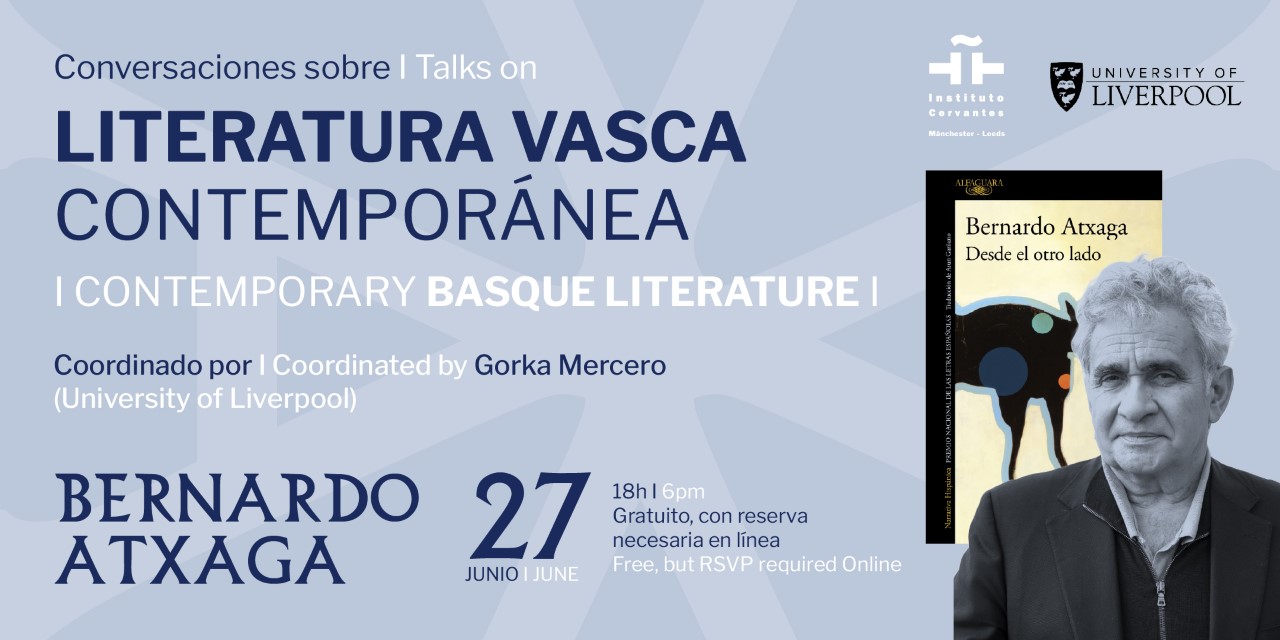Bernardo Atxaga
 Kie Garpe
Kie Garpe
Bernardo Atxaga (Asteasu, 1951), is one of the best-known and internationally recognized Basque writers. It was through him that Basque literature became known to the world with Obabakoak (1988), the novel which was the winner of the National Narrative Award in Spain in 1989, a work which to date has been translated into almost 30 languages.
In his work, which includes fiction, poetry and essays, his novels stand out, and they can be grouped into two cycles, between the 1990s and the early 2000s, he turned his attention to the problem of political violence that unfortunately at the time plagued the Basque Country, with works such as Gizona bere bakardadean (The Lone Man, 1993), Zeru horiek (The Lone Woman, 1995), and Soinujolearen semea (The Accordionist’s Son, 2003), in which he exposed the ideological flaws and rejected the discourses that supported the resort to such violence. Since then, his narrative has often travelled to places in other parts of the world, with works such as Zazpi etxe Frantzian (Seven Houses in France, 2009), Nevadako egunak (Nevada Days, 2013), and Etxeak eta filobiak (Houses and Tombs, 2019), although the anchoring of his narrative in the Basque tradition remains both firm and fruitful.
In 2017 he won the LiberPress International Literature Prize, in 2109 the National Prize for Spanish Letters and in 2021 the Liber Prize, all of them in recognition of his complete work.
